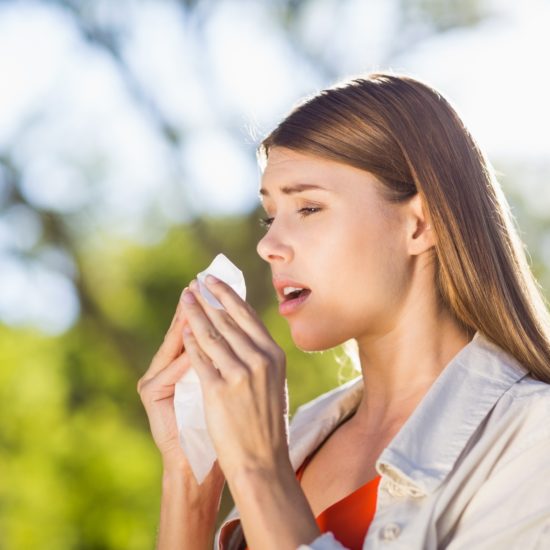Salmonella: diseases and Prevention
 In May 2010, the CDC began noticing a drastic increase in the number of reported salmonella cases (4 times the average amount) and began to investigate. During the investigation, the CDC, FDA, and other state partners were able to successfully locate the site of contamination, Wright County Egg of Galt, Iowa.
In May 2010, the CDC began noticing a drastic increase in the number of reported salmonella cases (4 times the average amount) and began to investigate. During the investigation, the CDC, FDA, and other state partners were able to successfully locate the site of contamination, Wright County Egg of Galt, Iowa.
On August 13, 2010, Wright County Egg began a voluntary recall on all of their shell eggs that had been shipped since May 19, 2010. The recall will be the largest in years as Wright County Egg ships its products to food wholesalers, distribution centers, and food service companies in California, Illinois, Missouri, Colorado, Nebraska, Minnesota, Wisconsin, and Iowa. These companies then distribute the eggs all throughout the nation. There is also the issue that the contamination is thought to have begun back in May, almost 3 months before the recall of these products.
Wright County Eggshell eggs are packaged under the names: Lucerne, Albertson, Mountain Dairy, Ralph’s, Boomsma’s, Sunshine, Hollandale, Trafficanda, Farm Fresh, Shoreland, Lund, Dutch Farms, and Kemps.
The FDA has issued the following information for consumers.
- Don’t eat recalled eggs or products containing recalled eggs. Recalled eggs might still be in grocery stores, restaurants, and consumers’ homes. Consumers who have recalled eggs should discard them or return them to their retailer for a refund. Individuals who think they might have become ill from eating recalled eggs should consult their healthcare providers.
- Keep shell eggs refrigerated at ≤45˚ F (≤7˚ C) at all times.
- Discard cracked or dirty eggs.
- Wash hands, cooking utensils, and food preparation surfaces with soap and water after contact with raw eggs.
- Eggs should be cooked until both the white and the yolk are firm and eaten promptly after cooking.
- Do not keep eggs warm or at room temperature for more than 2 hours.
- Refrigerate unused or leftover egg-containing foods promptly.
- Avoid eating raw eggs.
- Avoid restaurant dishes made with raw or undercooked, unpasteurized eggs. Restaurants should use pasteurized eggs in any recipe (such as Hollandaise sauce or Caesar salad dressing) that calls for raw eggs.
- Consumption of raw or undercooked eggs should be avoided due to Salmonella, especially by young children, elderly persons, and people with weakened immune systems or debilitating illnesses.
Also Read
Does Cold FX Really Strengthen Your Immune System?
3 Easy Tips In Managing Diabetes and Diabetes Diet Plan
Eat These Raw Food for Breast Cancer Prevention


